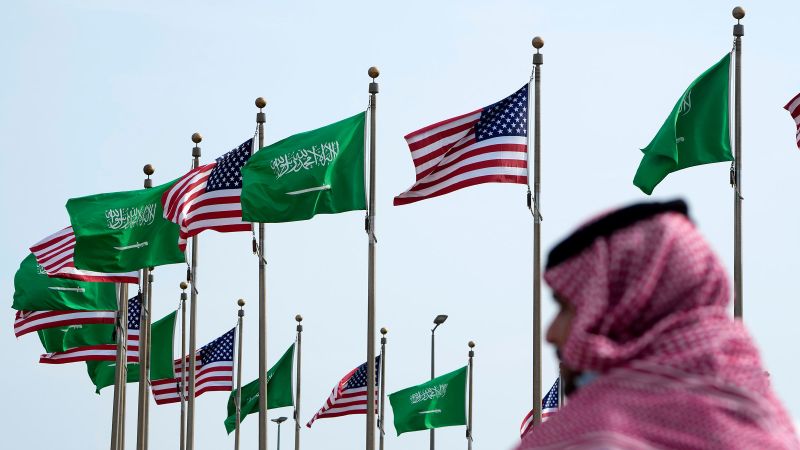The United States has announced that it will resume sales of offensive weapons to Saudi Arabia, ending a suspension that was put in place at the beginning of the Biden administration due to concerns about human rights violations in the war in Yemen. State Department spokesperson Vedant Patel stated that the freeze on certain classes of offensive weapons was conditional and based on Saudi Arabia’s policy towards Yemen and efforts to improve civilian harm mitigation measures. The Saudis have reportedly met their end of the deal, and the U.S. is prepared to resume sales through regular order with appropriate congressional notification and consultation.
The suspension of offensive weapons sales to Riyadh was implemented by the Biden administration at the beginning of President Joe Biden’s tenure, in response to concerns about the toll of the Saudi-led war against the Houthis in Yemen, which resulted in the deaths of thousands of civilians. A UN-mediated truce in the spring of 2022 put an end to the fighting, which has held beyond its official expiration. However, the Houthis have increased their aggression in the Red Sea in response to Israel’s war in Gaza. Patel explained that the process of lifting the freeze on offensive arms sales takes time, and it was combined with intensive diplomacy, including direct talks with the Saudis to wind down the war.
Despite the lifting of the suspension, Patel noted that there have not been any Saudi airstrikes into Yemen since the UN mediation, and cross-border fire from Yemen into Saudi Arabia has largely stopped. He also mentioned that Saudi Arabia has implemented improvements in civilian harm mitigation procedures, such as modernizing its strike planning processes to align with U.S. processes and participating in U.S.-led trainings and joint exercises. Patel denied that the decision to lift the suspension was linked to the administration’s plans for post-war Gaza and Israel-Saudi normalization, but he acknowledged that Saudi Arabia has remained a close strategic partner of the United States.
The resumption of offensive weapons sales to Saudi Arabia has been met with mixed reactions, with some questioning the decision in light of ongoing human rights concerns and the toll of the war in Yemen. Others have expressed support for the move, citing Saudi Arabia’s role as a key ally in the region and the importance of maintaining strong strategic partnerships. The Biden administration has emphasized the need to balance these considerations and has stated that the decision to lift the suspension was based on Saudi Arabia’s efforts to improve civilian harm mitigation measures and wind down the war in Yemen.
Moving forward, the United States will continue to monitor Saudi Arabia’s actions and will work to support efforts to promote peace and stability in the region. The resumption of offensive weapons sales to Riyadh marks a significant development in U.S.-Saudi relations and highlights the complex challenges of navigating diplomacy and foreign policy in the Middle East. As the situation in Yemen and the broader region continues to evolve, the United States will need to carefully consider its approach to engaging with Saudi Arabia and other key actors to address issues of mutual concern and promote a more peaceful and prosperous future for the region.


